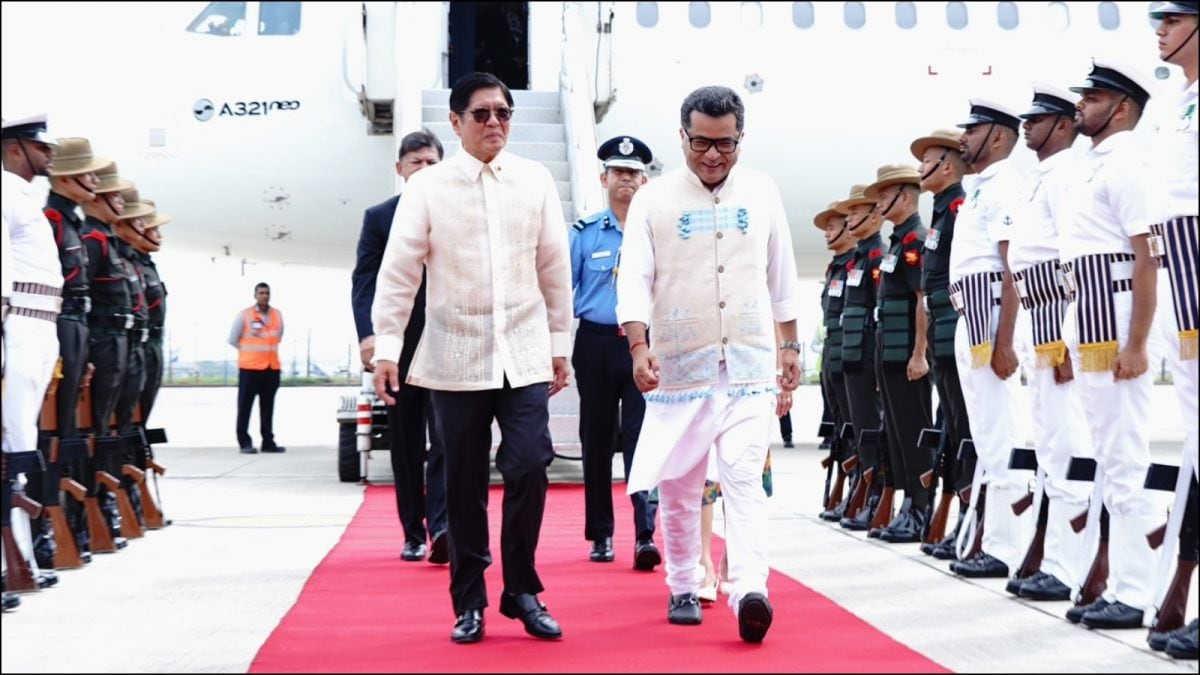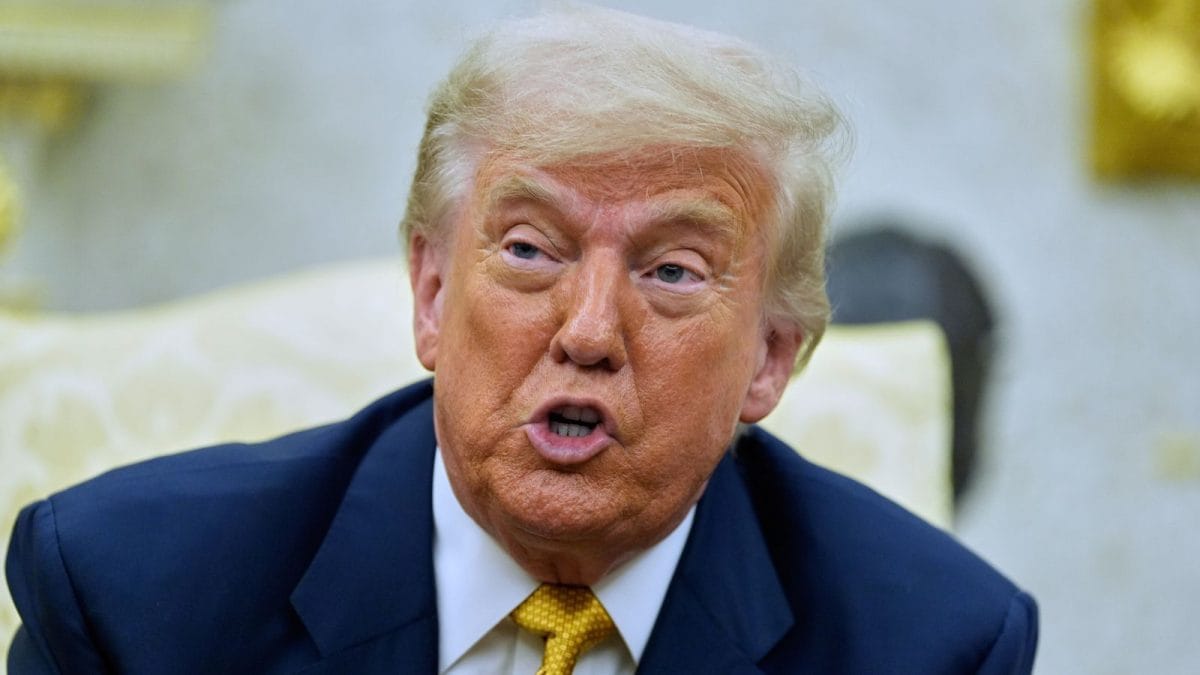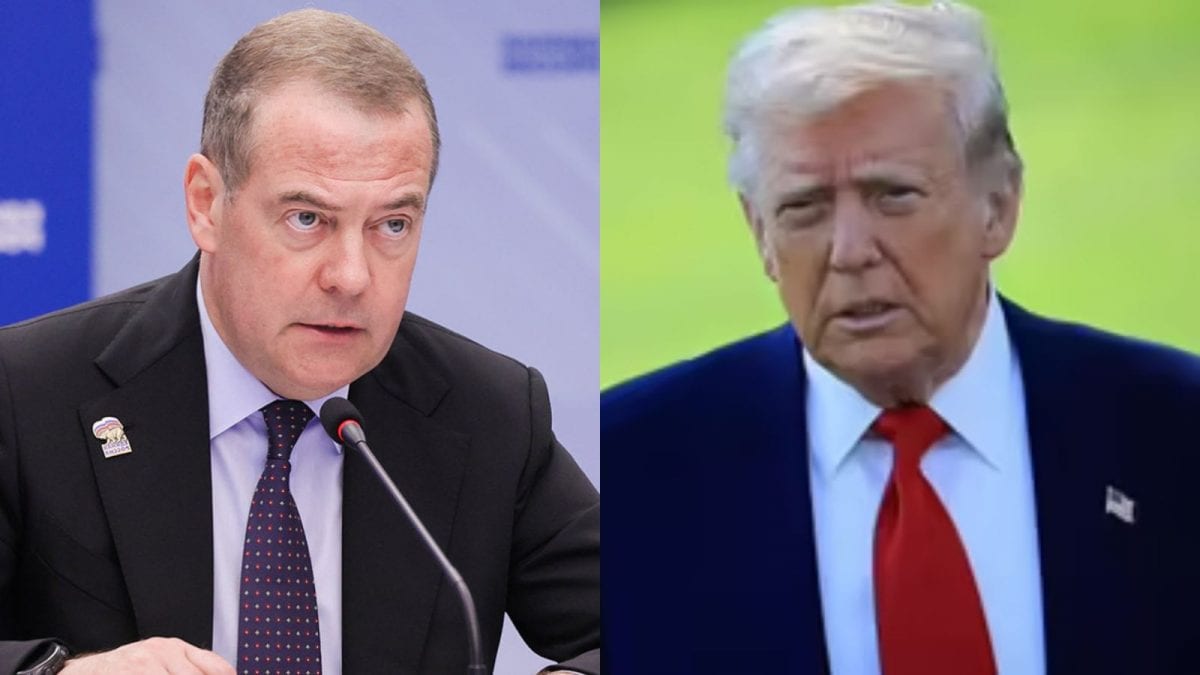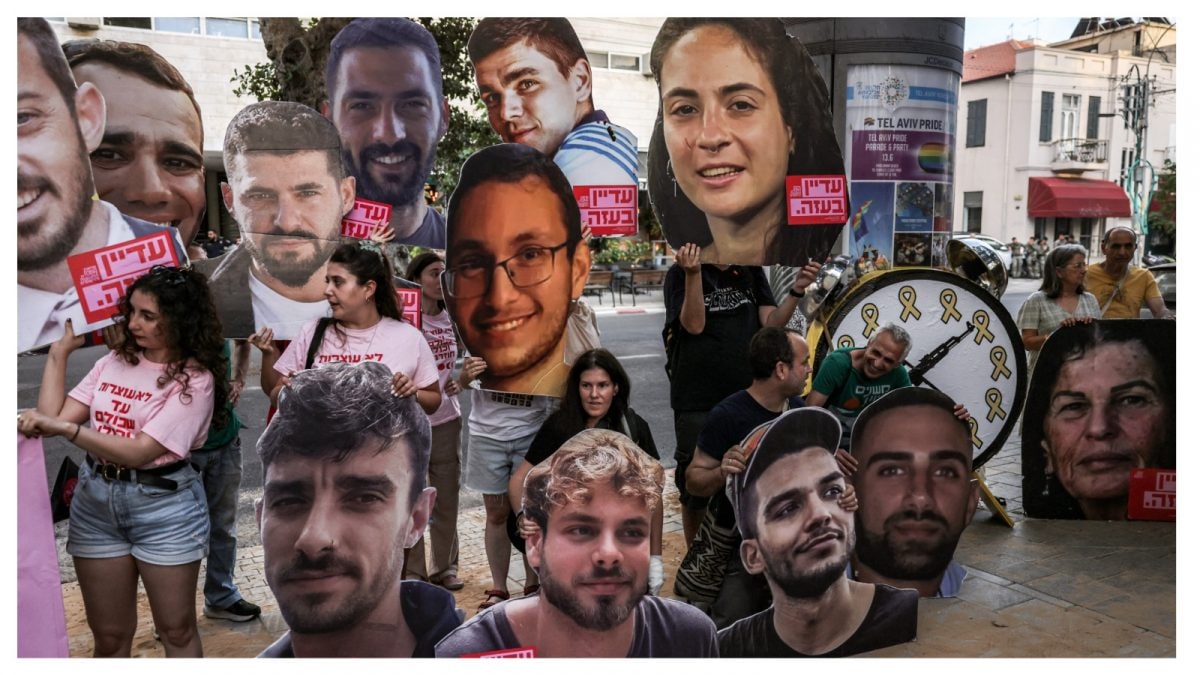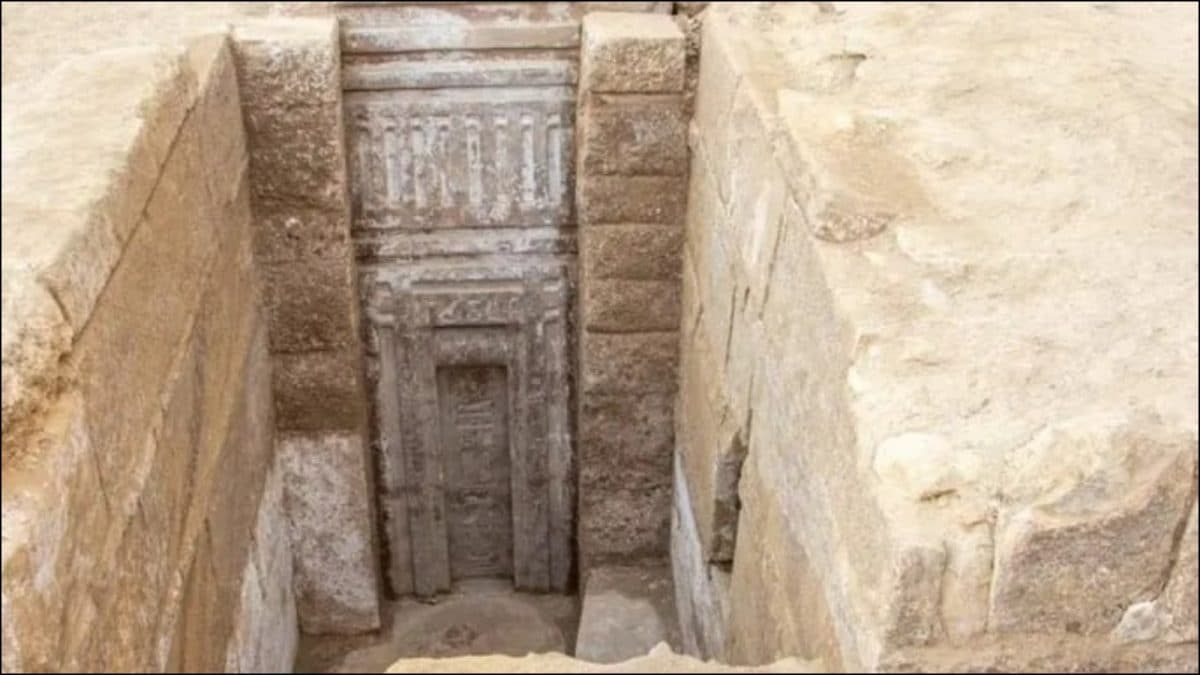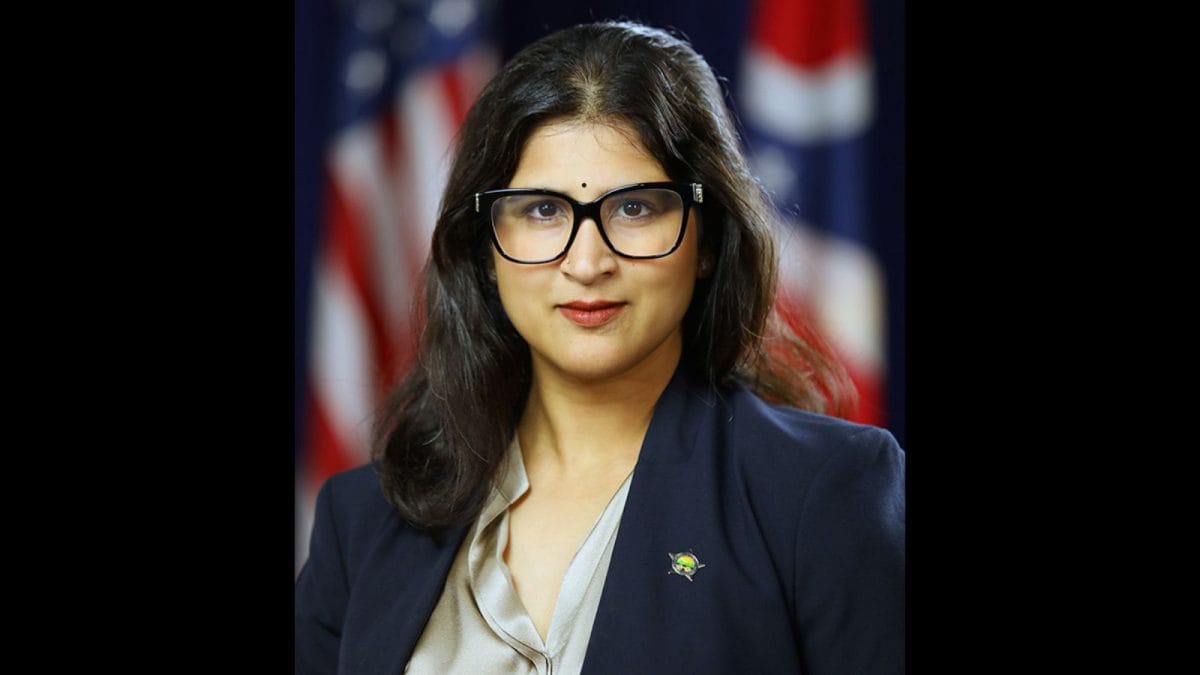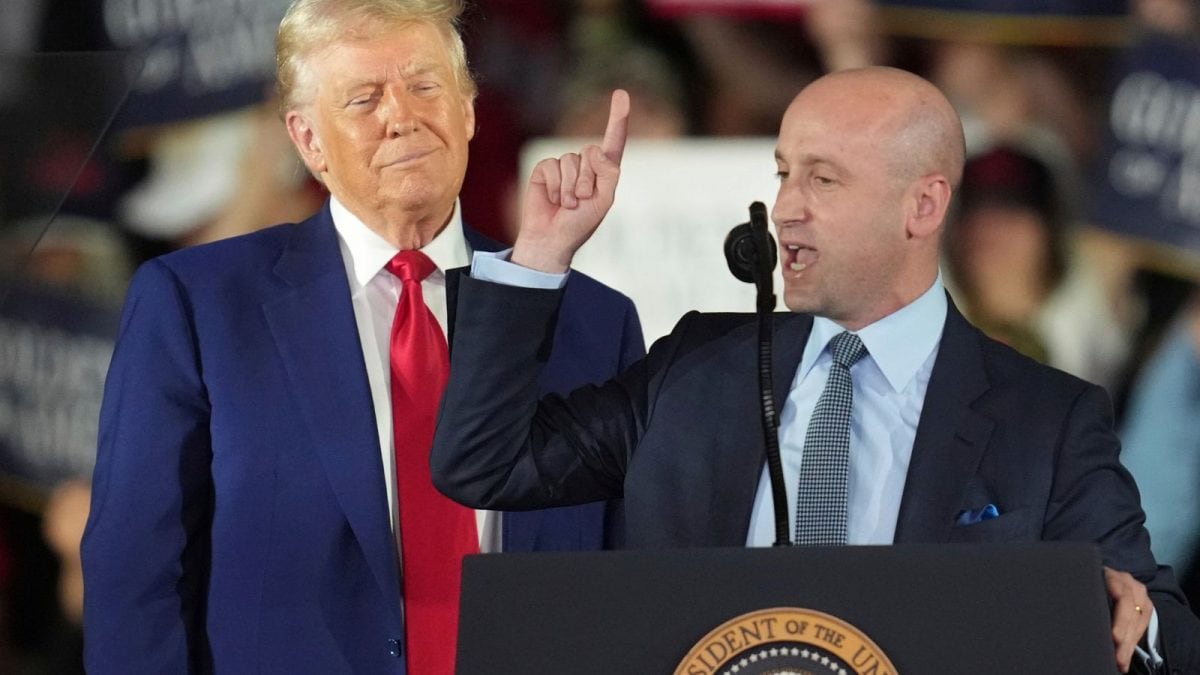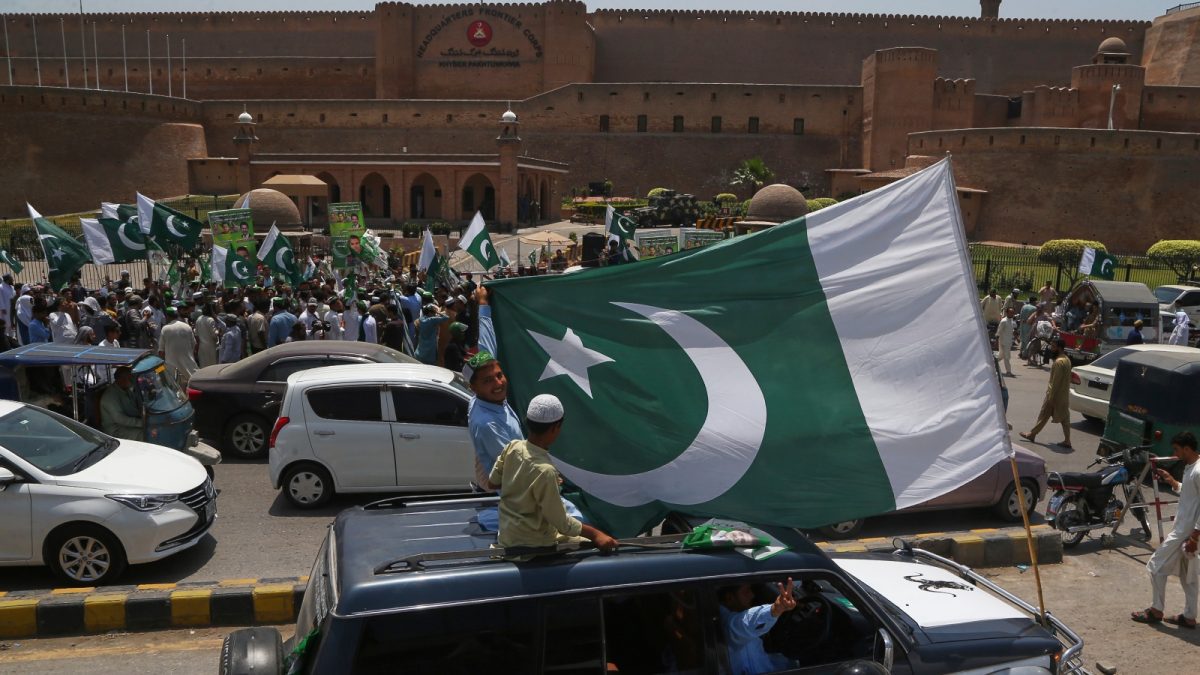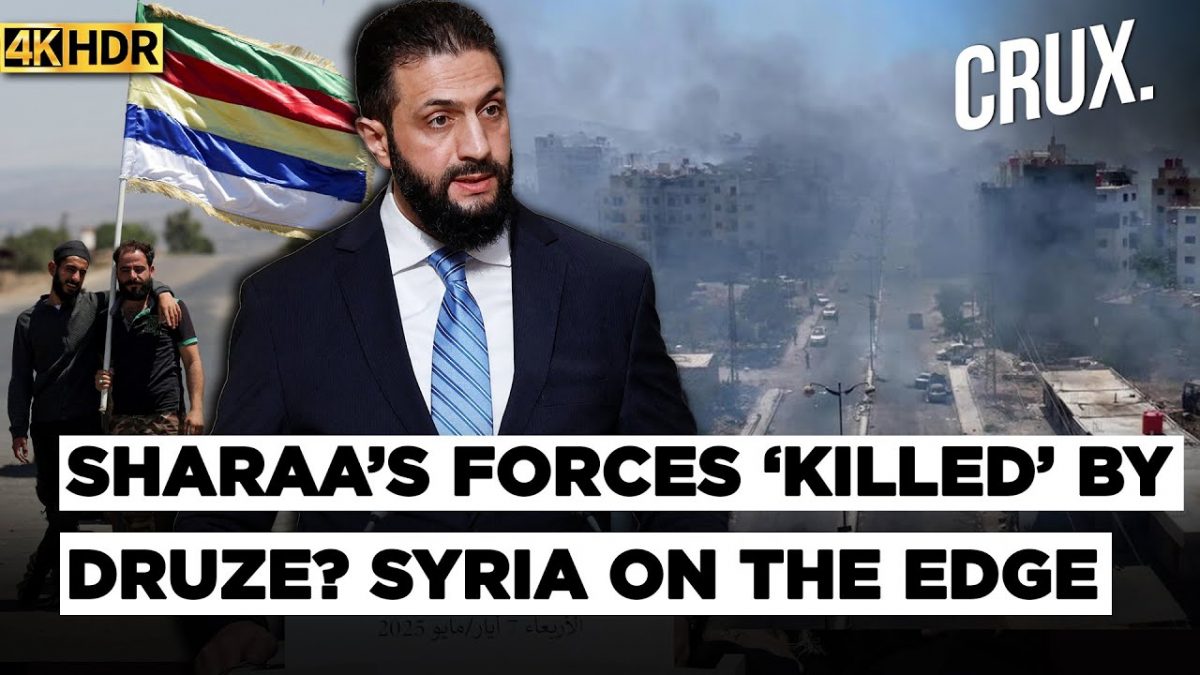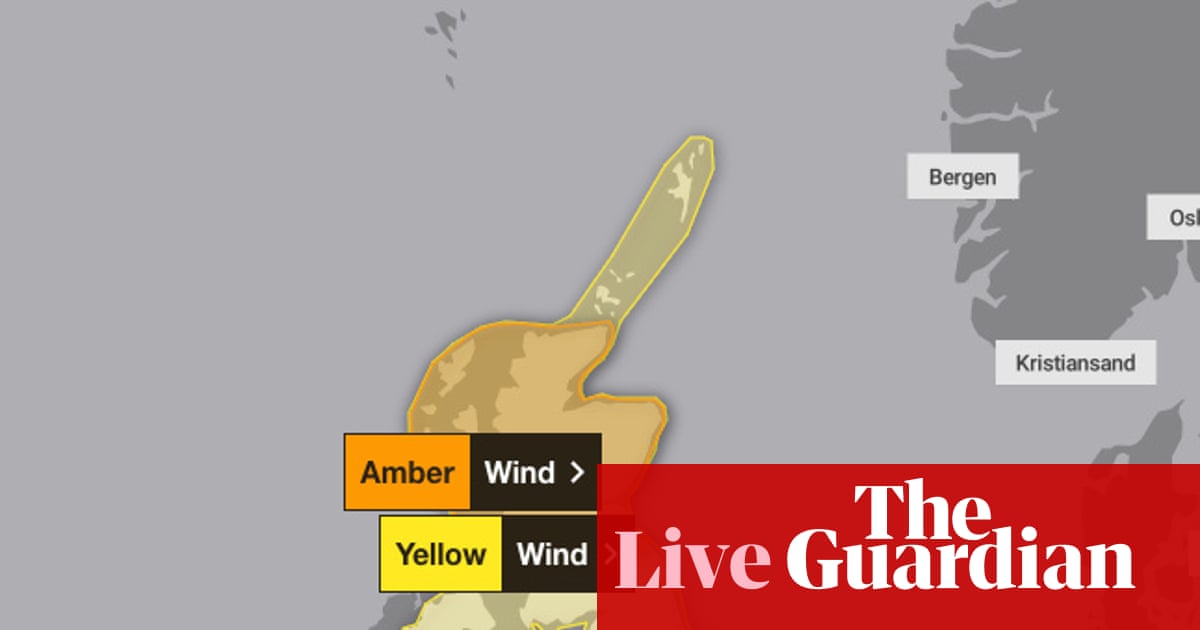Possible retaliation from the US president, Donald Trump, won’t slow Australia’s moves to recognise Palestinian statehood, with the prime minister, Anthony Albanese, describing it as a necessary precondition for peace.
Albanese is seeking a phone call with the Israeli prime minister, Benjamin Netanyahu, this week but he has brushed off concerns that joining France, Canada and the UK in recognising Palestine could complicate relations between Canberra and the White House at a critical time.
“We’re a sovereign nation,” Albanese said on Monday. “Australia makes our decisions as a sovereign nation.”
Last week, Trump escalated his growing trade war by boosting Canada’s tariff rate from 25% to 35% and said recognising Palestine would make a trade deal more difficult.
Albanese said he would continue to push for a two-state solution, Australia’s long held policy goal.
“I’ve said to prime minister Netanyahu before, as I’ve said publicly for a long period of time, that I’m a supporter of a two-state solution and that there can’t be peace and security in the Middle East without there being an advance on that two state solution.”
Albanese’s talks with Netanyahu will follow the weekend’s historic pro-Palestine march across Sydney Harbour Bridge, during which about 100,000 people called for an end to starvation and violence in Gaza. March organisers the Palestine Action Group put the crowd size at 300,000. Images of the event were broadcast around the world.
Albanese rejected suggestions from Labor MP Ed Husic that Australian politicians have “underestimated how strongly Australians feel” about Israel’s conduct.
Husic said he would love the federal government to immediately recognise statehood, a move Labor has flagged could come as soon as next month at the United Nations general assembly.
“I think it’s an important signal to send,” he said on Monday.
“But it’s up to the PM, obviously, who’s juggling a lot of different considerations before making that call, but I think he would get massive support out of Australians if he did it today.
“I think Australian politics has underestimated how strongly Australians feel about this issue … this is a moment, a sort of wake-up call for Australian politics.”

Albanese said Australians felt strongly about the war. “Australians want people to stop killing each other. They want peace and security, but the second thing they want, is they don’t want conflict brought here.”
Guardian Australia has been told Albanese hopes to speak to Netanyahu as soon as a phone call can be locked in.
Albanese said Hamas was a terrorist organisation and should have no role to play in any future Palestinian state.
The former foreign affairs minister Bob Carr, who marched at the head of the protest across Sydney Harbour Bridge on Sunday, told Guardian Australia: “If the prime minister is ringing Netanyahu to say we support a two state solution, he’s wasting his breath. Netanyahu opposes a two state solution.”
Carr reiterated calls for Australia to sanction Israel and recognise Palestinian statehood.
“I don’t understand the diplomatic strategy that says it suits Australia’s interests being the last country to recognise Palestine,” he said.
“Why are we giving the world the impression that we’re some kind of timid laggard?”
News Corp’s The Australian reported on Monday that one protester held up a picture of the Iranian dictator, shown standing with a rifle, which was displayed behind high-profile marchers including WikiLeaks founder Julian Assange, former foreign affairs minister Bob Carr and human rights campaigner and footballer Craig Foster.
Husic told Sky News the Ali Khamenei image was not in the spirit of the event.
“I’m obviously here as a member of parliament, not the chair of the Australian chant regulator authority,” he said.
“There are, when you have so many people present, you won’t agree with everyone, and clearly people will pick out some things that were objectionable to other people, and I completely understand that.
“That’s democracy, but I just think I would hate for it to detract from the images of that aerial view of the Harbour Bridge, with so many people on it that just want the hostilities to end, and particularly [the] impact on kids.”

It comes as the foreign affairs minister, Penny Wong, said on Monday that Australia would provide a further $20m in aid for organisations to deliver food and medical supplies into Gaza.
The funding will be distributed through organisations including Unicef, the United Nations World Food Programme, and Committee of the Red Cross.
On Thursday, Wong met with Israel’s ambassador to Australia, Amir Maimon, to express concern about Israel’s conduct in Gaza and call for it to urgently comply with international law and increase the supply of food to Palestinians.
The federal opposition leader, Sussan Ley, conceded on Monday there was starvation in Gaza. Last week she repeatedly refused to answer the question directly.
“There is hunger and starvation in Gaza and it needs to be addressed and I’m pleased to see the Israeli government is doing exactly that.”

 6 hours ago
6 hours ago

